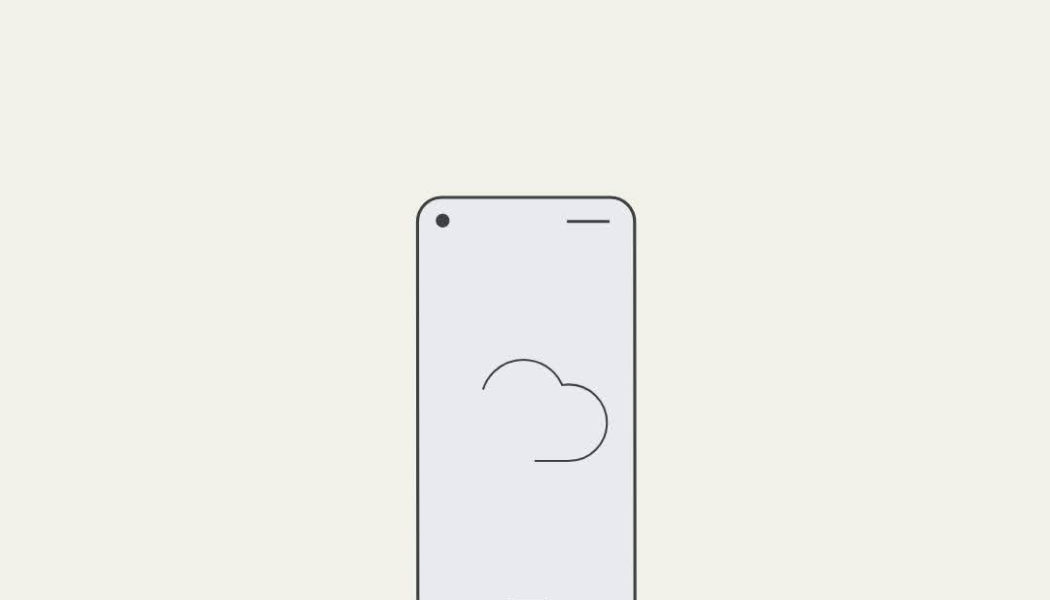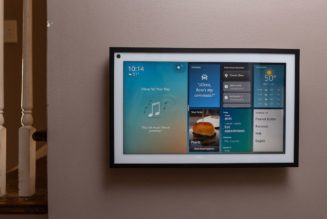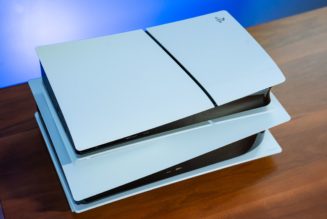Google officially announced its upcoming Pixel 6A phone on May 11th, 2022, and will be shipping its new line of Pixel 7 phones this coming autumn. You may be planning to upgrade as soon as the new phones are ready, or you may be simply moving from your current Android phone to a more recent model. Either way, you’ll want to be able to move your data over with confidence.
Google makes it pretty simple to move from one phone to another — as soon as you start up your new phone, you will get step-by-step directions on what to do. (Note: if you have a two-factor authentication or 2FA app such as Google Authenticator on your phone, your data won’t be automatically moved — you’ll have to take a few extra steps.) If your older phone is lost or broken, you can also install your apps and data to a new phone from a Google One backup.
But of course, that won’t work unless your old phone was backed up. We’ll go over how to do that first and then run down the different ways you can move your stuff to your shiny new Android phone.
How to back up your phone
- Select Settings > Google > Backup
- If you’ve never backed up your phone before, you’ll be invited to sign in with Google One. (If you decline the invitation by tapping the Not now button, you’ll find yourself back in the previous menu.)
- The Backup screen lets you know how much storage you have available and what’s been backed up already (note that if your photos and videos are synced with Google Photos, they will already be backed up, even if the rest of your data isn’t). You can also do an immediate backup. So if you’re going to move your data to a new phone, go ahead and tap on Back up now. (It may be a good idea to check where your phone’s battery is and plug it in if you’re running low.)
:no_upscale()/cdn.vox-cdn.com/uploads/chorus_asset/file/23456776/Screenshot_20220512_091108__1_.png)
:no_upscale()/cdn.vox-cdn.com/uploads/chorus_asset/file/23456770/Screenshot_20220512_091128.jpg)
- If you’ve got a screen lock set (and if not, why not?), put in your PIN. (For this, you won’t be able to use your fingerprint or face unlock.)
- At that point, your data will be backed up. It may take a few minutes; the Backup screen will be grayed out during the process.
Move your data
There are several ways you can move data to a new phone. Assuming your new phone will be starting from scratch (and if this is a used phone and it isn’t starting from scratch, you should probably wipe it first), you can either move your data from your old phone or restore your data from a backup (like the one you just did).
Another thing to remember: because of the UI differences in different Android phones, your process may vary slightly. So with all that in mind…
- Turn on your phone and tap Get Started.
- If there is no SIM already in the card, you’ll be asked to insert it or download an eSIM. (If for any reason you can’t, you can skip this step by tapping on Skip.)
- Connect the phone to a Wi-Fi network. (You can also set up the phone offline, but let’s assume a network.)
:no_upscale()/cdn.vox-cdn.com/uploads/chorus_asset/file/23456814/Screenshot_20220512_150552.png)
:no_upscale()/cdn.vox-cdn.com/uploads/chorus_asset/file/23456815/Screenshot_20220512_150538.png)
- After a few minutes, you’ll be told that you can copy your apps and data. Tap Next. (If you want to start from scratch, you can select Don’t copy in the lower-left corner.)
- If you want to copy your data from your old device, turn it on and unlock it. Tap Next.
:no_upscale()/cdn.vox-cdn.com/uploads/chorus_asset/file/23456817/Screenshot_20220512_110926.png)
:no_upscale()/cdn.vox-cdn.com/uploads/chorus_asset/file/23456819/Screenshot_20220512_110953.png)
- The best way to move your data from one phone to another is by using a USB cable. If you have one, select Next. (We’ll handle what to do if you don’t in a moment.)
With a charging cable
- The next screen will ask you to insert the cable into your old device. Tap Next.
- Guess what? Now you connect the other end into your new device.
:no_upscale()/cdn.vox-cdn.com/uploads/chorus_asset/file/23456825/Screenshot_20220512_112155.png)
:no_upscale()/cdn.vox-cdn.com/uploads/chorus_asset/file/23456826/Screenshot_20220512_114822.png)
- If the phone says it can’t make a connection, give it a few minutes before you give up; it may still work. At that point, you’ll be asked to check your other device, which should be asking whether you want to copy the data to your new phone. Tap Copy.
- You may be asked to verify your identity using biometrics or a PIN.
- Sit back and relax, or go do something else — this may take a while.
Without a USB cable
- If you don’t have a cable that fits both phones, then when you are asked whether you can use a cable, select No cable? in the left bottom corner of the screen.
- If you chose No cable?, you may get a caution that you’ll get your stuff faster with a cable. Tap Continue.
- You will be told that you can try to use your old device to transfer data wirelessly. Tap Next.
- Go to your old device and open the Google app. It is possible that you won’t have to; you may get a pop-up that invites you to set up your new phone. If you do, tap Set up.
- You’ll be asked to verify that four shapes that will appear on your old and new devices are the same. If they match, tap Next on your old device.
:no_upscale()/cdn.vox-cdn.com/uploads/chorus_asset/file/23456848/Screenshot_20220512_115059.png)
:no_upscale()/cdn.vox-cdn.com/uploads/chorus_asset/file/23456849/Screenshot_20220512_115537.png)
- Tap Copy on your old device and verify your identity. You’ll be reminded to keep the devices close to each other.
- You’ll then get a chance to choose what you want to copy from one phone to the other and will get an estimation (on your new phone) about how long it will take to transfer (mine read about 58 minutes). Run down the checklist, which will include apps, photos & videos, audio, SMS, call history and other settings. (Google Calendar, Contacts, Photos, and Gmail will be synced automatically.)
- If you scroll down to the bottom of the copy screen and tap on Learn more, you can get a rundown of what won’t be moved over, such as downloads, ringtones, and apps that aren’t from the Google Play Store.
- Ready? Tap Copy again.
Move data from a backup
If you don’t have your old phone available but were smart enough to keep it backed up, you can copy all your apps and data from that backup.
- Following the same starting instructions as before, when you get to the screen that’s headed Use your old device, tap Can’t use old device? in the lower-left corner.
- You’ll be warned that you may not be able to get as much data back without your old device. Shrug and tap OK.
:no_upscale()/cdn.vox-cdn.com/uploads/chorus_asset/file/23456855/Screenshot_20220512_121331.png)
:no_upscale()/cdn.vox-cdn.com/uploads/chorus_asset/file/23456856/Screenshot_20220512_121932.png)
- Sign in with your Google account. If you had established two-step authentication on your account and don’t have your old phone available, you may need to use another method to verify the account, such as one of the backup codes you hopefully saved when you signed up for 2FA.
- Agree to Google’s Terms of Service.
- Choose which backup you want to restore your data from. You may need to then enter your PIN from that device.
- You can then choose what to restore. As before, photos, videos, Gmail, Google Calendar and Google Drive will be synced automatically; you can then choose if you want to sync apps, contacts, SMS messages, and various device settings. When you’re ready, tap Restore.
:no_upscale()/cdn.vox-cdn.com/uploads/chorus_asset/file/23456859/Screenshot_20220512_122101.png)
:no_upscale()/cdn.vox-cdn.com/uploads/chorus_asset/file/23456860/Screenshot_20220512_122703.png)
- Toggle various Google services on or off, such as backup and location tracking. Tap Accept.
- Once again, you get to agree to Google’s Terms of Service, and you get to create a PIN.
- Set up a biometric verification, if you want.
- Turn on Google Assistant if you want. You also get to say whether you want to use Google Pay and whether you want an always-on display. Finally, you’re given the chance to add other features, such as another email account.
You should have access to your phone almost immediately; however, it will take a while before all your apps and other data are downloaded and installed.








